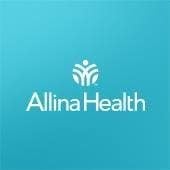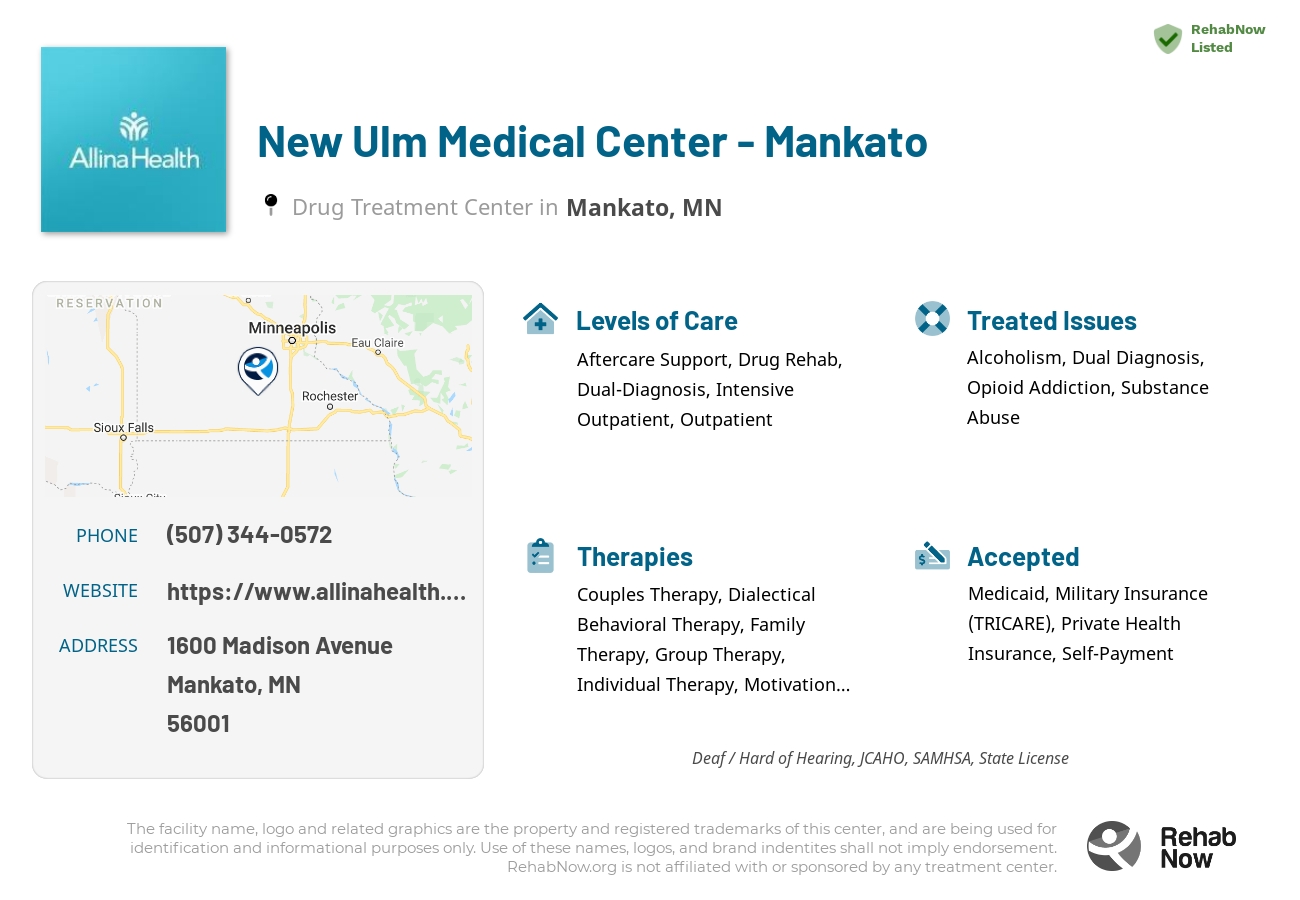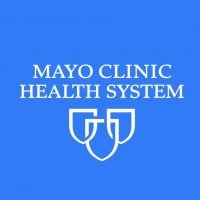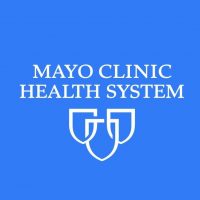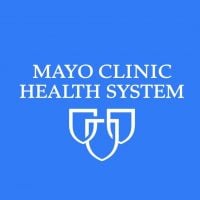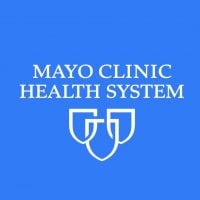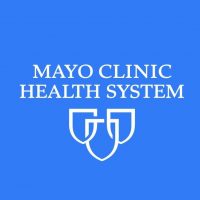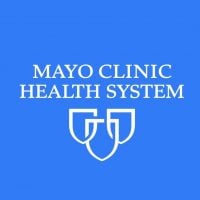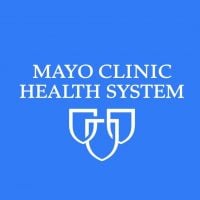New Ulm Medical Center - Mankato
Drug Rehab Center in Mankato, Minnesota
New Ulm Medical Center - Mankato is a JCAHO, SAMHSA accredited and state licensed addiction treatment facility in Mankato, Minnesota that offers comprehensive services such as substance abuse, opioid addiction, dual diagnosis, aftercare support, drug rehab, intensive outpatient, and outpatient services as well as accepting private health insurance.
About This Minnesota Facility
Located in Mankato, Minnesota, New Ulm Medical Center offers a beacon of hope for individuals confronting the challenges of addiction. It specializes in providing outpatient mental health and addiction recovery services tailored for adolescents and adults. What sets it apart is its comprehensive approach, which caters to a diverse clientele including young adults, those with hearing impairments, bilingual clients, and individuals with co-occurring disorders.
- Diverse Programs for Varied Needs: From intensive outpatient programs to general outpatient and aftercare, New Ulm Medical Center designs its services to meet the unique recovery journey of each client.
- Specialized Services for Comprehensive Support: Catering to clients with specific needs, including those with hearing impairment and bilingual individuals, underscores their commitment to inclusivity.
- Personalized and Intensive Care: Clients benefit from a personalized care plan complemented by a blend of therapies such as CBT and DBT, aimed at fostering sustained sobriety.
Accredited by The Joint Commission and licensed by the state of Minnesota, New Ulm Medical Center upholds high standards in addiction and mental health care. Acceptance of various payment options including private and military insurance, Medicare, Medicaid, and self-pay, along with the availability of financial aid, makes their services accessible to a wide demographic.
The facility addresses a spectrum of addictions and issues, including alcoholism, opioid addiction, substance abuse, and dual diagnosis, employing a holistic treatment approach. Treatment methods feature a mix of individual, group, and family counseling, enhanced by life skills training to navigate the challenges of recovery effectively.
Genders
Ages
Modality
Additional
Accreditations
State License
SAMHSA

JCAHO
Conditions and Issues Treated
A drug abuser needs help because if no one helps them, they will not leave their vicious circle.
People who abuse drugs are likely to suffer from an addiction, which can cause serious health problems. It can also cause quarrels with people around them. It is common for drug abusers to have difficulty holding down jobs or relationships, but sometimes people around them can be quite tolerant. There are cases where the families of the drug abusers do not want to see them get any help, and the subject becomes controversial.
When it comes to helping drug abusers get sober, there are many options to choose from. It is essential to state that there is no “correct” way of doing things. People are different, and they need different types of help to get over their addiction.
Opioid addiction treatment should be done in a medically supervised drug rehab. Opioid addiction treatment will include detoxification and drug rehab counseling to help both the user and their loved ones learn how to live a successful sober lifestyle. Methadone, buprenorphine, and naltrexone are three medications that can help treat opioid addiction. Individual drug rehab counseling sessions can be helpful to discuss any questions or concerns with the drug treatment program.
When addiction and psychiatric issues co-occur, the addict’s recovery is more successful when both conditions are treated. A dual diagnosis refers to a condition in which the patient is diagnosed with two health issues: addiction and bipolar disorder.
Usually, dual diagnosis sufferers are prescribed a combination of treatments for each condition. The most common therapies are psychotherapy, behavioral therapy, spiritual counseling, 12-step programs, and medication management.
Psychiatric conditions are an obstacle to recovery because they can create roadblocks to a healthy lifestyle. Drugs and alcohol may be used as a means of self-medication, which can have dangerous consequences. Over time, addicts build up a tolerance and suffer withdrawal symptoms when drug use is stopped.
With the proper treatment, dual diagnosis sufferers can overcome their conditions and achieve lasting sobriety.
Levels of Care Offered at New Ulm Medical Center - Mankato
This center offers a variety of custom treatment tailored to individual recovery. Currently available are Aftercare Support, Drug Rehab, Dual-Diagnosis, Intensive Outpatient, Outpatient, with additional therapies available as listed below.
The Intensive Outpatient Program at New Ulm Medical Center - Mankato is for those who need intensive care but would rather get it in the comfort of their own home. The treatment programs vary in duration and intensity and can be tailored to suit the individual’s needs. IOP helps the patient to live at home and gradually get back to their routine life.
Daily trips to the hospital that provides the treatment include intensive outpatient services (IOP). The patients gradually get back to their everyday lives. IOP benefits the most when the patients have a supportive family member or friend who can encourage them in their recovery.
Individuals struggling with drug addictions can get help from several treatment options, including inpatient and outpatient programs. Outpatient drug treatment programs can also provide patients with different levels of care, usually depending on the patient’s degree of addiction.
At an outpatient program in Mankato, a patient will attend a recovery program during the day and return home in the evening. Suppose a patient is struggling with drug addiction. In that case, an outpatient program can serve as an effective transition point during the recovery process.
Aftercare is a part of drug rehabilitation. It is also known as “post-treatment support.” Aftercare programs are available for addicts after they complete drug rehab. It is often the final step in the recovery process. The goal of aftercare is to ensure that addicts maintain their achievements in rehab and do not relapse. Professionals generally provide aftercare (including addiction therapists, physicians, social workers, psychologists) and involve individual and group therapy sessions.
Therapies & Programs
Individual therapy is a critical component of addiction recovery. It allows the patients to go deep into their core issues and discover how to handle those problems better. Therapy can be conducted in individual sessions as well as group settings. In individual therapy for addiction, the patient meets with their therapist one-on-one to focus on the underlying issues. This allows patients to open up and discuss personal topics they may not feel comfortable discussing in a group setting. This type of therapy can help develop solutions specific to each patient, which helps speed up the recovery process.
Couples therapy is beneficial for couples in which at least one partner has a substance use disorder. This type of therapy can help partners improve communication skills, which is an important factor in a healthy relationship. It can also help partners better understand one another so they have a greater understanding of how the other partner may be feeling.
Benefits of couples therapy include:
- Improvement in communication skills
- Increased understanding of the dynamics within a relationship
- Increased sense of support and trust in the relationship
- Better teamwork between partners/increased willingness to listen and work together
- Enhanced tolerance of each other’s shortcomings
- Improved ability to have open, honest communication with each other
Family therapy is a crucial part of drug treatment and getting sober. It is one of the most effective ways to help addicts stay on the path to long-term sobriety. When a drug addict decides that they want to try and get sober, it takes the support of every person they love to succeed. It can be incredibly difficult for loved ones to watch an addict go through the pain and suffering of withdrawal, but by being there with them and supporting them, they can help to make sure that the addiction never returns.
One of the most important parts of family therapy is the relapse prevention plan. During treatment, therapists and doctors will often sit down with the addict and their family to develop a plan in case the addict ever feels like they want to use again. This plan should involve steps the addict and family can take together to prevent them from relapsing in the future. An addict’s family can play a vital part in helping them to avoid relapse because they can spot the warning signs and help them get back on track before it becomes too much of a problem.
Group therapy helps prevent addicts from feeling isolated or unique in their situation by offering a sense of comfort and fellowship. It also creates a forum for addicts to build their support systems and learn from each other. The group therapy sessions at New Ulm Medical Center - Mankato occur in a group setting rather than one-on-one to create a safer, controlled environment where addicts feel comfortable.
Dialectical Behavior Therapy was developed in the 1980s to treat chronically suicidal individuals. It is a cognitive-behavioral therapy that combines strategies derived from Zen Buddhism, such as mindfulness training. DBT has been adapted for use with other types of psychiatric problems, including substance abuse and personality disorders. DBT aims to help patients change their thinking and behavior, instead of relying on medication.
Cognitive Behavioral Therapy (CBT) is a common therapeutic approach to help drug addicts. It teaches addicts new ways of thinking and behaving so that they can avoid relapse. There are several forms of CBT used in drug rehabilitation centers.
Cognitive Restructuring helps addicts identify faulty, negative thinking so that they can work together with the therapist to find healthier ways of thinking, resulting in better decision-making.
Cognitive Behavioral Therapy for Addiction uses the principles of CBT to help treat addiction. It focuses on specific aspects of each person’s thinking, feeling, physiology, and behavior. It aims to identify specific problems in these areas and create a personalized treatment strategy.
Rational Emotional Behavior Therapy aims to help you understand your emotions and how they affect your behaviors and addiction. It breaks down the addiction and behaviors behind it. Those who complete the program will identify their feelings and reactions and positively change their behaviors.
Payment Options Accepted
For specific insurance or payment methods please contact us.
Is your insurance accepted?
Ask an expert, call (888) 674-0062
New Ulm Medical Center Associated Centers
Discover treatment facilities under the same provider.
- United Hospital - Behavioral Health in Saint Paul, MN
- New Ulm Medical Center - New Ulm in New Ulm, MN
- Owatonna Hospital - Behavioral Health in Owatonna, MN
- Allina Health - Unity Hospital in Minneapolis, MN
- Unity Hospital - Minneapolis in Minneapolis, MN
Learn More About New Ulm Medical Center Centers
Additional Details
Specifics, location, and helpful extra information.
Mankato, Minnesota 56001 Phone Number(507) 344-0572 Meta DetailsUpdated April 15, 2024
Staff Verified
Patient Reviews
There are no reviews yet. Be the first one to write one.
Mankato, Minnesota Addiction Information
Minnesota is fighting an opioid epidemic that is leaving hundreds of its residents dead each year. Both prescription opioids and illicit opioids are widely abused in the Land of 10,000 Lakes. Heroin continues to be one of the most commonly abused drugs in the state, if not the most common illicit drug. Over 10% of all treatment admissions in Minnesota list heroin as their drug of choice.
Marijuana and alcohol are the most commonly used drugs in Mankato, Minnesota. 18.9% of Mankato residents reported past-month illicit drug use in 2016. Most drug overdose deaths (64%) involved an opioid. Between 2002 and 2016, the number of people admitted to treatment for heroin addiction increased by 538%. Treatment programs typically last 30-90 days, but some patients may require longer or shorter stays depending on their individual needs.
Treatment in Nearby Cities
- Fairmont, MN (43.4 mi.)
- Granite Falls, MN (89.8 mi.)
- Windom, MN (60.6 mi.)
- Blaine, MN (77.5 mi.)
- Fergus Falls, MN (178.9 mi.)
Centers near New Ulm Medical Center - Mankato
The facility name, logo and brand are the property and registered trademarks of New Ulm Medical Center - Mankato, and are being used for identification and informational purposes only. Use of these names, logos and brands shall not imply endorsement. RehabNow.org is not affiliated with or sponsored by New Ulm Medical Center - Mankato.
